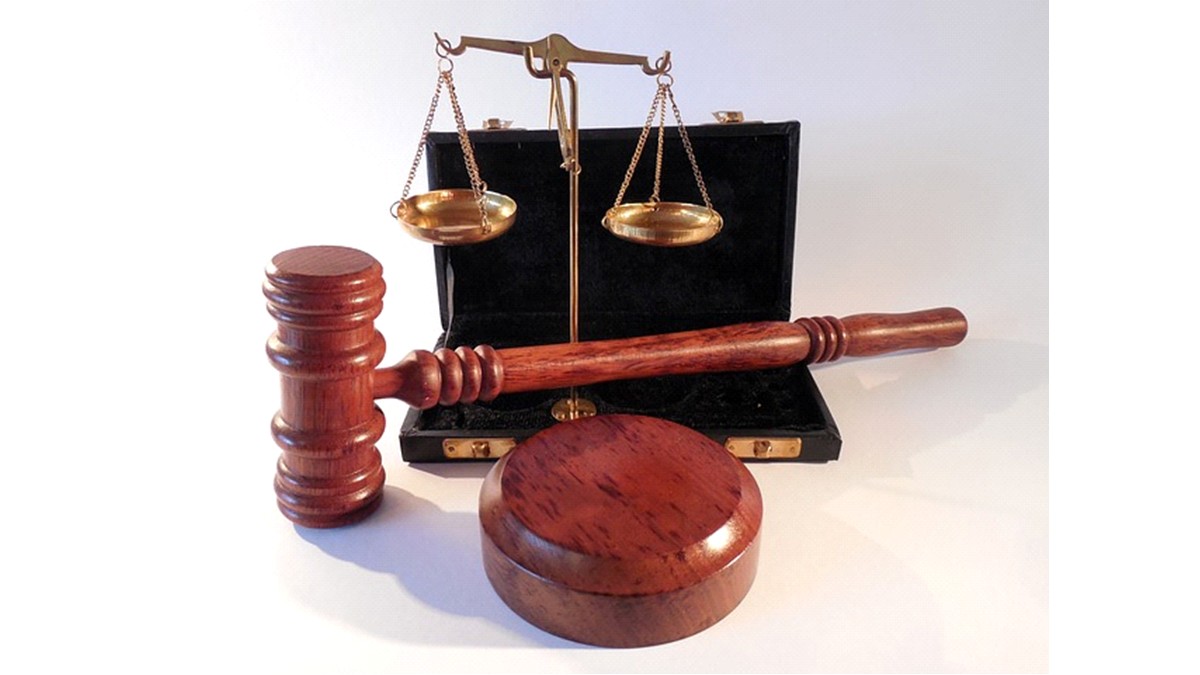Book
The Horrors of Biasedness in the Legal System: The Victim Pays the Price

In the ideal world, justice is often envisioned as a blindfolded, impartial, and fair figure holding scales that weigh the evidence without prejudice. However, as we navigate the complexities of the legal system, a stark reality emerges—justice isn’t always blind, and the scales are not always balanced.
This blog delves into the complex web of power dynamics that tilt the scales of justice, leaving the vulnerable at a disadvantage.
The Influence of Wealth
At the heart of the issue lies the undeniable influence of wealth on the legal system. Affluent individuals can afford top-tier legal representation, access to resources, and the means to navigate the complicated legal landscape. This financial advantage often translates into a significant disparity in outcomes, leaving those without substantial means at a distinct disadvantage.
Legal Expertise
The adage “knowledge is power” rings especially true within the legal realm. The powerful often have the means to secure seasoned experts who specialize in exploiting legal nuances and navigating the system. On the contrary, individuals with limited resources may rely on overworked public defenders, leading to a significant gap in legal representation.
Influence Over Legislation
The powerful not only leverage their resources within courtrooms but also wield influence in shaping legislation. Lobbying efforts and political connections allow those in positions of power to mold laws that may serve their interests. As a result, laws and regulations may disproportionately favor the powerful, creating a systemic imbalance that permeates the justice system.
Privilege and Bias
Beyond financial disparities, societal privilege and ingrained biases can also tip the scales of justice. Marginalized communities may face systemic prejudices that affect their treatment within the legal system. Whether it’s racial, gender, or socioeconomic bias, these factors can contribute to a fundamentally unequal pursuit of justice. As we reflect on the complex dynamics within the legal system, it becomes evident that justice, far from being blind, is often influenced by the weight of power.
Instead of being level, the scales are tilted in favor of those who can tip them. Addressing this imbalance requires a concerted effort to reform legal practices and societal structures perpetuating these disparities. Only through a commitment to equality and justice can we hope to recalibrate the scales and pave the way for a truly impartial legal system.
In ‘Court Vs. Pro-se,’ Carmelo Pinnavaria emphasizes the striking lack of empathy within the legal system, illustrating how those without legal representation undergo dehumanization and a degrading process. The author underscores the imperative to recognize individuals within any profession beyond the constraints of legality.
-

 Business4 weeks ago
Business4 weeks agoWhere There Is a Will, There Is a Way: Hayson Tasher and the New Year, New Me Mindset in Security Entrepreneurship
-

 Health4 weeks ago
Health4 weeks agoMy Juno Health Enterprise Partnerships Signal Shift From Claims Management to Utilization Prevention
-

 Business4 weeks ago
Business4 weeks agoAlain Khoueiry and His Mission to Present Kazakhstan as a Land of Opportunity and Wonder
-

 Health3 weeks ago
Health3 weeks agoShame, Trauma, and the Mind-Body Connection: How Dr. Karina Menali’s Kai Wellness Frames Emotional Healing as Integral to Physical Health
-

 Music4 weeks ago
Music4 weeks agoBTS will Return With ‘BTS THE COMEBACK LIVE | ARIRANG’ Concert and New Documentary on Netflix
-

 Tech3 weeks ago
Tech3 weeks agoBobby Atkins, Stonington Connecticut: How Effective Material Handling Supports On-Time Manufacturing Output
-

 Business3 weeks ago
Business3 weeks agoStephen Straz: Building Success Through Business Leadership
-

 Lifestyle3 weeks ago
Lifestyle3 weeks agoDr. Ankur Bindal on the Challenge of Balancing Work Demands and Family Time














